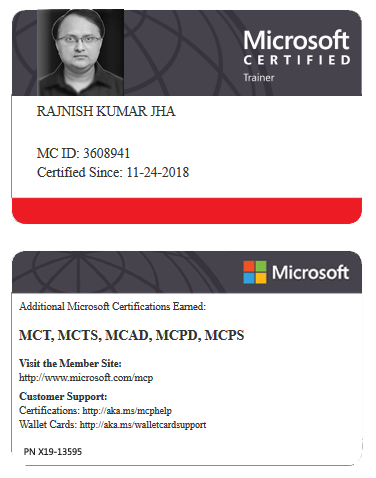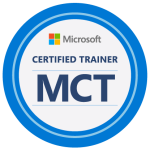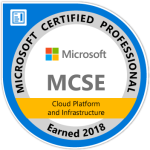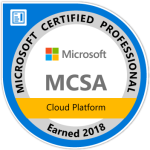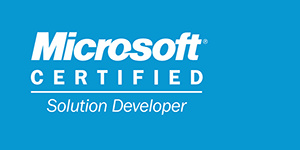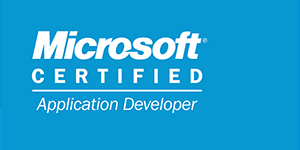-
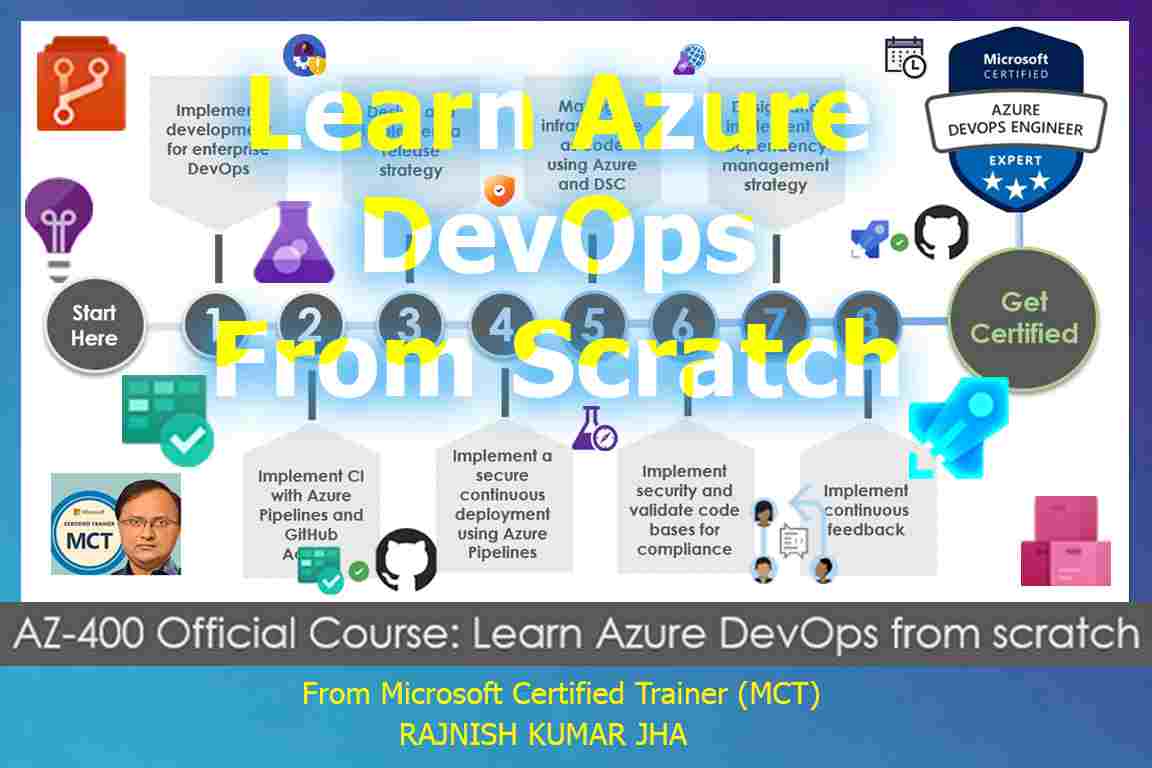
Introduction to Agent Pools in Azure DevOps
Introduction to Agent Pools in Azure DevOps Agent pools are a foundational concept in Azure DevOps that help manage and share agents across projects and pipelines. They enable efficient use of build and release resources by organizing agents into logical groupings. What is an Agent… [ Read More ]
-

Exploring Azure DevOps Job Types: Agent pool jobs, Container jobs, Deployment group jobs, Agentless jobs
Exploring Azure DevOps Job Types: Agent pool jobs, Container jobs, Deployment group jobs, Agentless jobs Azure DevOps supports various job types to handle diverse tasks in CI/CD pipelines. Here's an exploration of Agent Pool Jobs, Container Jobs, Deployment Group Jobs, and Agentless Jobs, with detailed… [ Read More ]
-

Working with Azure Policy
Azure Policies are a crucial tool for enforcing governance rules within your Azure environment. Here’s a step-by-step guide for the key tasks related to managing Azure Policies assigning policies, creating and assigning policy initiatives, checking for compliance, checking remediation tasks, and removing policies and initiatives.… [ Read More ]
-

Learn about Job Types in Azure DevOps
Learn about Job Types in Azure DevOps Azure DevOps supports different job types in pipelines to enable flexible and efficient CI/CD workflows. Each job type serves a specific purpose, allowing teams to execute tasks in diverse environments and scenarios. Here's an overview of the job… [ Read More ]
-
Learn how to scale Azure Metric Alerts
Scaling Azure Metric Alerts typically refers to the process of configuring alerts to handle an increased volume of metrics and ensuring the alerts can handle large-scale environments with many resources. This includes setting up effective monitoring, handling multiple alerts efficiently, and managing performance as your… [ Read More ]
-

Learning about the Agents in Azure Pipeline: Microsoft-hosted, Self-hosted
Learning about the Agents in Azure Pipeline: Microsoft-hosted, Self-hosted Azure Pipeline agents are a key component of the Azure DevOps CI/CD workflow. They run build and release jobs defined in pipelines. Azure offers Microsoft-hosted and self-hosted agent types to suit different project needs. 1. Microsoft-Hosted… [ Read More ]
-

Learning Key Terminologies in Azure Pipelines
Learning Key Terminologies in Azure Pipelines Azure Pipelines incorporates various terms and concepts to structure and automate the software delivery lifecycle. Here’s a detailed overview of these terms. 1. Agent An Agent is a machine (physical or virtual) that executes the tasks defined in a… [ Read More ]
-

Describing Azure Pipelines
Describing Azure Pipelines Azure Pipelines Azure Pipelines is a cloud-based service within the Azure DevOps suite designed for continuous integration (CI) and continuous delivery (CD) of applications. It enables developers to build, test, and deploy code efficiently across any platform, language, or cloud. Azure Pipelines… [ Read More ]
-

Mastering Azure DevOps Pipelines
Mastering Azure DevOps Pipelines Pipelines in DevOps are automated workflows that manage the processes of building, testing, and deploying software applications. These pipelines are the backbone of Continuous Integration (CI), Continuous Delivery (CD), and Continuous Deployment (CD). Each stage of the pipeline focuses on improving… [ Read More ]
-

Exploring Pipelines in Azure DevOps
Exploring Pipelines in Azure DevOps Pipelines in DevOps refer to automated workflows that encompass the processes required to build, test, deploy, and deliver software. They are a cornerstone of modern DevOps practices, enabling continuous integration, continuous delivery (CI/CD), and infrastructure automation. Pipelines ensure consistent, repeatable,… [ Read More ]
DevOps, Cloud, Azure resources & blog
Author: Rajnish Kumar Jha
Featured Courses

Rajnish Kumar Jha
MCT, MCSA, MCSE, MCAD, MCPD, MCTS, MCSD
My name is Rajnish Kumar Jha. I am Technical architect on Azure Cloud and .NET since 21+ years. I’ve worked for pioneer companies and as freelance trainer/consultant helping my clients to achieve their IT goals.
I find blogging, a great way to share back what I’ve learned all through my professional journey. You are welcome to connect or share feedback/suggestion here or through an email.
Popular Posts
Stay Connected
Unlock the full potential of Azure Cloud with me
– Your trusted guide to Azure mastery!
SUBSCRIBE
My newsletter for exclusive content and offers. Type email and hit Enter.
No spam ever. Unsubscribe anytime.
Read the Privacy Policy.

